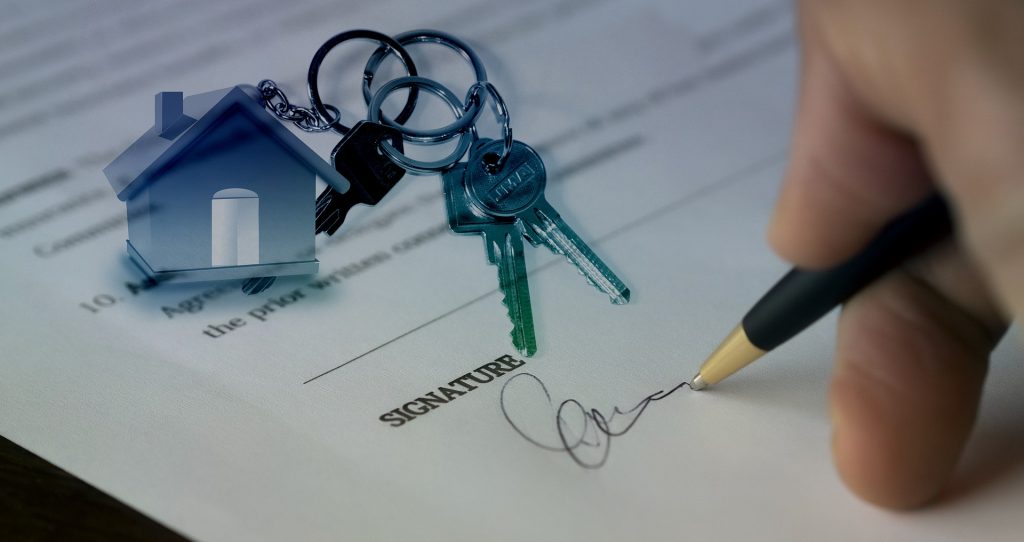What is Private Mortgage Insurance, And Do I Need It?

While the option of a low down payment can make it easier for buyers to qualify to buy a home, any offer lower than 20% of the property’s value will come with a requirement to have private mortgage insurance, or PMI. With an FHA guaranteed home loan, you can put in a down payment as low as 3.5% of the property’s overall cost. But doing this means you will need PMI.
What Is Private Mortgage Insurance?
Private mortgage insurance protects the lenders in case you default on the loan. It’s typically included as a part of your overall monthly mortgage dues, along with your principle, interest, property tax, and homeowners insurance. As with every cost mentioned except the principle, it does not contribute to adding any equity to your home. And unfortunately, it can also really add up.
PMI, FHA Loans, and Lower Down Payments For Your Home
As we mentioned earlier, an FHA loan is markedly different to a conventional loan. Unlike conventional loans, FHA loans are guaranteed by the Federal Housing Administration. This provides more security for the bank in the event you are no longer able to afford to pay the loan back. With an FHA loan, your down payment requirement drops from 20% (though this varies from lender to lender) to as low as 3.5%, but in order to qualify, the FHA requires you to pay insurance for that loan.
So when it comes to weighing the pros and cons of making a down payment that requires PMI, the biggest question is, “how much will this cost me as opposed to the benefits of a low down payment today?”
You may decide that, since interest rates are currently very low, putting down whatever you can afford will offset the cost of PMI when it comes to paying a lower interest rate.
How Much Does PMI Cost?
PMI costs range from lender to lender. However, this cost must be disclosed to you when you shop for a home loan. Private mortgage insurance is typically priced as a percentage of the total cost of the home. It usually ranges between .55 percent and 2.25 percent, according to research from Genworth Mortgage Insurance, Ginnie Mae, and the Urban Institute. Your credit score will also affect your rate, as will the amount your borrowing and the amount of the down payment. Whether your loan rate is fixed or variable counts as well. For an idea of the cost, multiply the amount you’re borrowing by the percentage your premium is, and that gives you the cost you pay each year. For example:
- If your PMI premiums cost .55 percent and you borrow $250,000, you’d pay $1,375 per year
- If your PMI premiums cost 2.25 percent and you borrow $250,000, you’d pay $5,625 per year
How Long Do I Have To Pay PMI?
Fortunately, you can PMI removed from your loan by making a written request to your lender once your mortgage balance drops to 80 percent of your home’s value. This can be dependent on an appraisal of your payment history though, and whether or not you’ve been making your payments on time.
However, once your loan is below 78 percent of the home’s original value, lenders are required to terminate PMI on conventional loans… but again, it’s pending whether you’ve made your payments on time.
